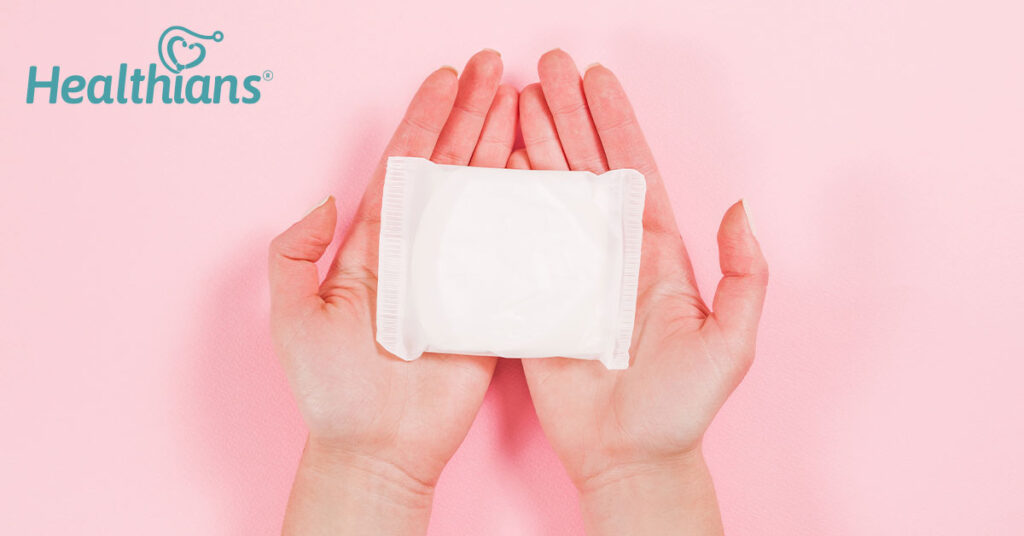Introduction
Period hygiene is an essential aspect of women’s health that involves maintaining proper cleanliness during menstruation. Menstruation is a natural process that occurs in women’s bodies, and it is essential to take proper care during this time to avoid infections and discomfort. In this blog, we will discuss the importance of period hygiene in women and the necessary steps that can be taken to maintain good menstrual hygiene.
Firstly, it is essential to understand why period hygiene is crucial for women. Menstruation is a process in which the lining of the uterus sheds, and blood and other materials are expelled from the body through the vagina. During this time, the vaginal pH levels can change, making it easier for bacteria and other harmful organisms to grow.
Poor menstrual hygiene can lead to infections, irritation, and other health problems. Therefore, maintaining reasonable period hygiene is essential for the overall health and well-being of women.
Following are a few reasons why it is recommended to change your sanitary pad every 4 hours:
Prevents infections
Sanitary pads are a breeding ground for bacteria, and if not changed frequently, they can lead to infections. The blood and moisture on the pad create an ideal environment for bacterial growth, which can cause vaginal and urinary tract infections. Changing your pad every 4 hours ensures that you do not provide a conducive environment for bacteria to thrive.
Prevents Toxic Shock Syndrome (TSS):
TSS is a rare but potentially life-threatening condition that can occur if a woman wears a pad or tampon for an extended period. Changing your pad every 4 hours reduces the risk of TSS and ensures that you stay safe and healthy.
Prevents skin irritation:
Sanitary pads can cause skin irritation if left on for too long. Constant contact with moisture and blood can cause itching, rashes, and other skin irritations. Changing your pad every 4 hours can prevent skin irritation and keep you comfortable.
Maintains hygiene:
Changing your pad every 4 hours is essential to maintain good hygiene during menstruation. The blood and moisture on the pad can create an ideal environment for bacteria to grow, leading to infections. Changing your pad frequently helps to maintain proper hygiene.
Ensures comfort
Wearing a pad for an extended period can become uncomfortable, especially if it is saturated. Changing your pad every 4 hours ensures that you stay comfortable throughout the day.
Leukorrhea
It is a common vaginal discharge that occurs in many women. It is usually a white or clear discharge that can be thin or thick, and it may have a mild odour. While it is not necessarily a sign of a problem, it can be a symptom of an underlying condition such as a yeast infection, bacterial vaginosis, or an STD.
Period hygiene refers to the practices women use during their menstrual cycle to keep themselves clean and healthy, which includes changing pads, tampons or menstrual cups every 4 hours, washing the genital area regularly and wearing clean clothes.
Final thoughts
In conclusion, changing your sanitary pad every 4 hours is crucial for maintaining proper hygiene, preventing infections, and staying comfortable during menstruation.
It is essential to listen to your body and change your pad whenever necessary to ensure that you stay healthy and protected. Remember, taking care of your menstrual hygiene is essential for your overall health and well-being.
Furthermore, you should also undergo preventive health checkups. These health checkups give a complete report about your health, allowing you to take necessary precautionary measures to improve your well-being and keep various ailments at bay.





